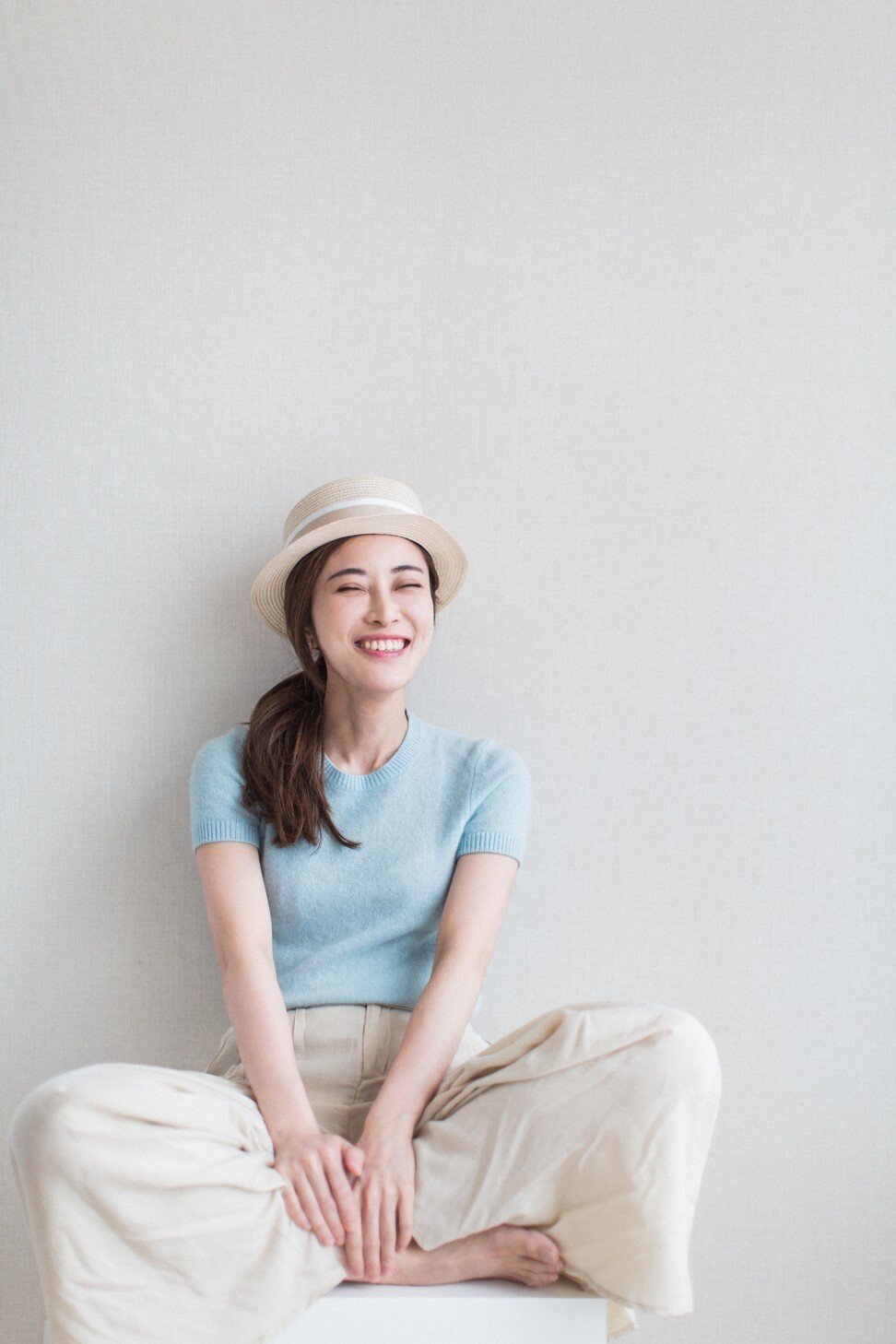XXIV by SCMP - Feb 2021
Why are medical aesthetics and cosmetic surgery on the rise? With healthy and mindful living trends, people want youthful looks to match their longer lifespans
Diagnosed with Graves’ disease at age nine, Dr Lisa Chan was inspired to become a doctor and co-founded a medical centre in Hong Kong
She advises skincare, healthy living and reducing stress for anti-ageing effects
Dr Lisa Chan was diagnosed with Graves’ disease at age nine.
Dr Lisa Chan, a general practitioner with a focus on aesthetic medicine and aesthetic gynaecology, was attracted to the arts from a young age. “My mother was a huge influence,” says Chan, who is also the founder of the Everkeen Medical Centre.
“She was the one who took me to musicals and ballet performances, painting and art classes, and taught me to appreciate the beauty around me. My father, an electronic engineer, passed on his approach of solving problems with a logical and detail-oriented mind.”
Dr Lisa Chan is a general practitioner with a focus on aesthetic medicine and aesthetic gynaecology. Photo: Lisa Chan
Diagnosed with Graves’ disease at the age of nine, Chan ended up choosing a career in medicine after being inspired by her paediatrician.
“Medical aesthetics allowed me to combine the greatest influences in my life, where I can not only visualise how small changes will affect the overall appearance, but can also bring out my patients’ natural beauty,” she says.
Medical aesthetics (such as hair removal, treatment of pigmentation, wrinkle reduction, facial rejuvenation and contouring, mole removal and vaginal rejuvenation) are minimally invasive procedures that rarely require anaesthesia.
On the other hand, cosmetic surgery is a type of elective plastic surgery that permanently alters facial or body parts for aesthetic purposes, and includes procedures like rhinoplasty with implants. Chan believes it is human nature to chase after the fountain of youth.
“Youth has always been a universal human longing. As the tale of Aurora and Tithonus from Greek mythology illustrates, immortality without eternal youth can be cruel. With advances in medicine, technology and the trend towards healthier and more mindful living, lifespans are increasing, but our bodies sometimes fail to reflect the joie de vivre we feel on the inside. I always make it my goal to have my patients look as natural and as much like themselves as possible. I love seeing their confidence return and watching them walk out of the clinic with a new spring in their step.”
Chan advises the following steps to slow the effects of time: minimise exposure to sunlight and UV light; apply sunscreen; use skin care products with antioxidants, vitamins C and E, and green tea; and avoid cigarettes, alcohol and sugar. Meditating to reduce stress and can help with frown lines by relaxing facial muscles. And maintaining good posture will help tone muscles and reduce those pesky neck lines.
And lastly, she suggests that we “stay curious and optimistic. Spiritual youth not only brings a glow to your eyes, it’s also highly infectious and will lift the spirits of everyone around you”.


